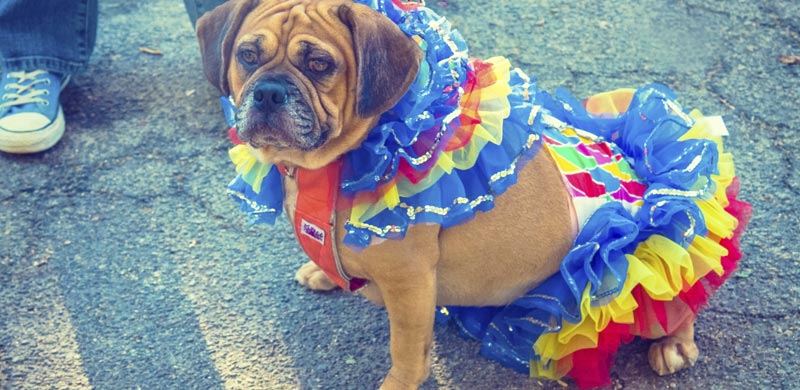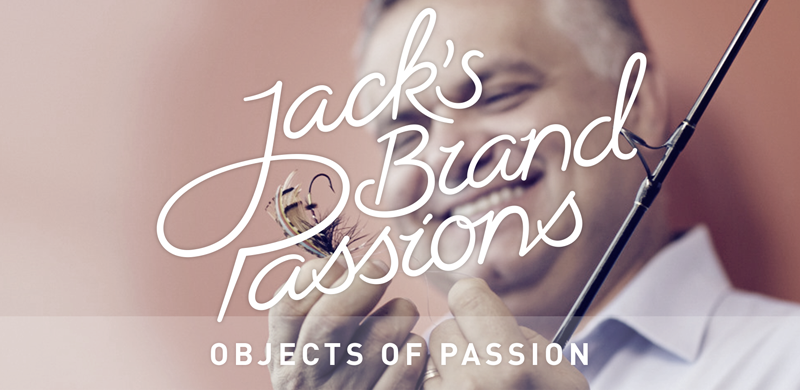
The notion of being authentically you is interesting because there are so many well-known brands that, at some point, have failed to stay true to who their markets expect and want them to be. It’s important to realise that regardless of the opportunities that exist in the world, and the potential for creative innovation beyond the horizon of conservative thinking, we must always take time to assess whether the ideas we’re generating allow us to stay authentically true to who we are as a brand.
Vegemite
Vegemite is a cultural icon in Australia, and its identity is connected to the way we live, where we live, and how we live. This Australian connection to Vegemite on a cultural and emotional level goes some way to explaining the failure of iSnack 2.0, their crowd sourced brand name for a new Vegemite product. iSnack 2.0 failed to pay tribute to Vegemite’s Australian heritage, and its similarity to Apple’s iPod and iPhone gave it an Americanised edge which failed to impress Vegemite’s predominantly Australian market. Their key mistake was branding their product in a way that only spoke to a very narrow segment of their market. Vegemite is the taste of an authentic Australian experience, and that is the thing we as consumers really do not want to see changed. Eventually, iSnack 2.0 changed to Cheesybite after considerable social media backlash.
British Airways
In the same way that Vegemite blundered when they failed to recognise the national connection and heritage of their brand, British Airways also came under fire for trying to break away from its traditionally British roots. In 1997, British Airways removed the iconic Union flag from its tail fin in favour of multicultural artworks from across the globe. British Airways’ attempt to appeal to a global cosmopolitan market garnered intense internal and external criticism, and Margaret Thatcher’s comment at the time that “we fly the British flag, not these awful things”, was the final nail in the coffin for British Airways’ expensive rebrand.

Sometimes we forget that our brand means different things to our markets, compared to how we see our brand internally. That is why it’s so important that when trying to out-innovate your competitors, you never lose sight of who you are authentically. Be aware of and stay true to who your markets want you to be for them, and for the relationships that they have with your business, your brand, product or service. If you aren’t being authentically you, it can feel like watching your grandfather dress up as a skateboarder. Generally speaking, he isn’t going to pull it off, it’s embarrassing, and you don’t want your grandfather being something that he is authentically not, or more importantly, something that you would not want or need him to be. Ultimately it’s his choice, but it will have an impact on his brand in your eyes.
Brands are ‘being’ concepts, and your market trusts that you will be who you promised to be when they connected to your brand. That’s not to say that you should stop evolving – all great brands evolve – but consider first whether the changes you are making align to the desires of your markets. Warnings aside, don’t be scared of innovation. You need to innovate, and you need to constantly find new ways to reinvent yourself for your market, but always consider that you need to be authentically you. To do that, you need to understand how you think you are being authentic, but more importantly, what are the elements of your authenticity – the things that make you unique and real – that your market values, cherishes, and would hate for you to change.


